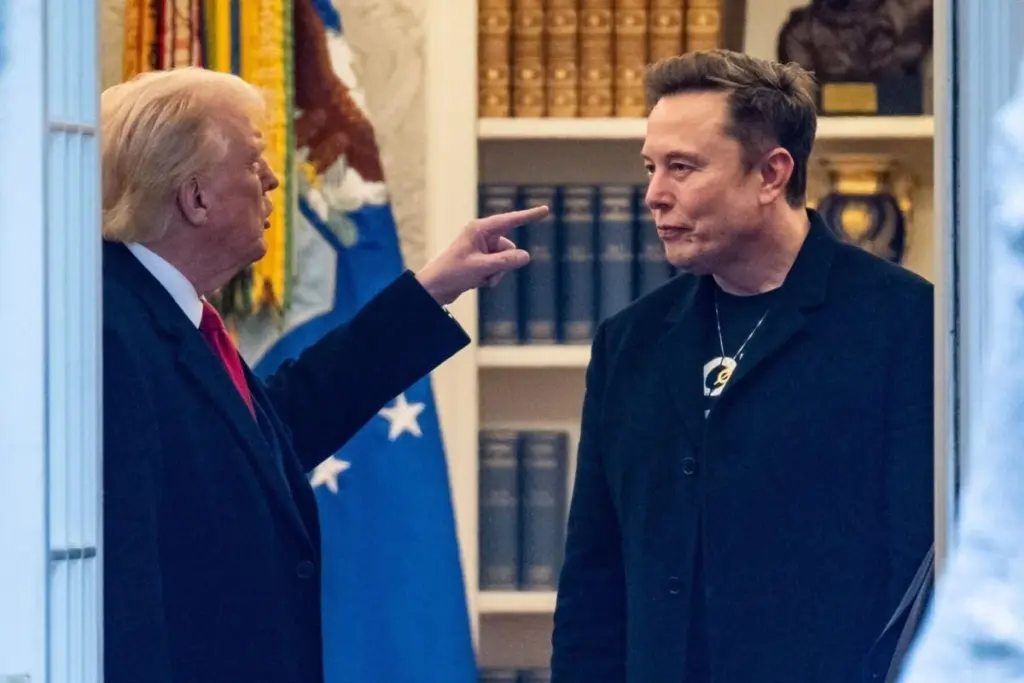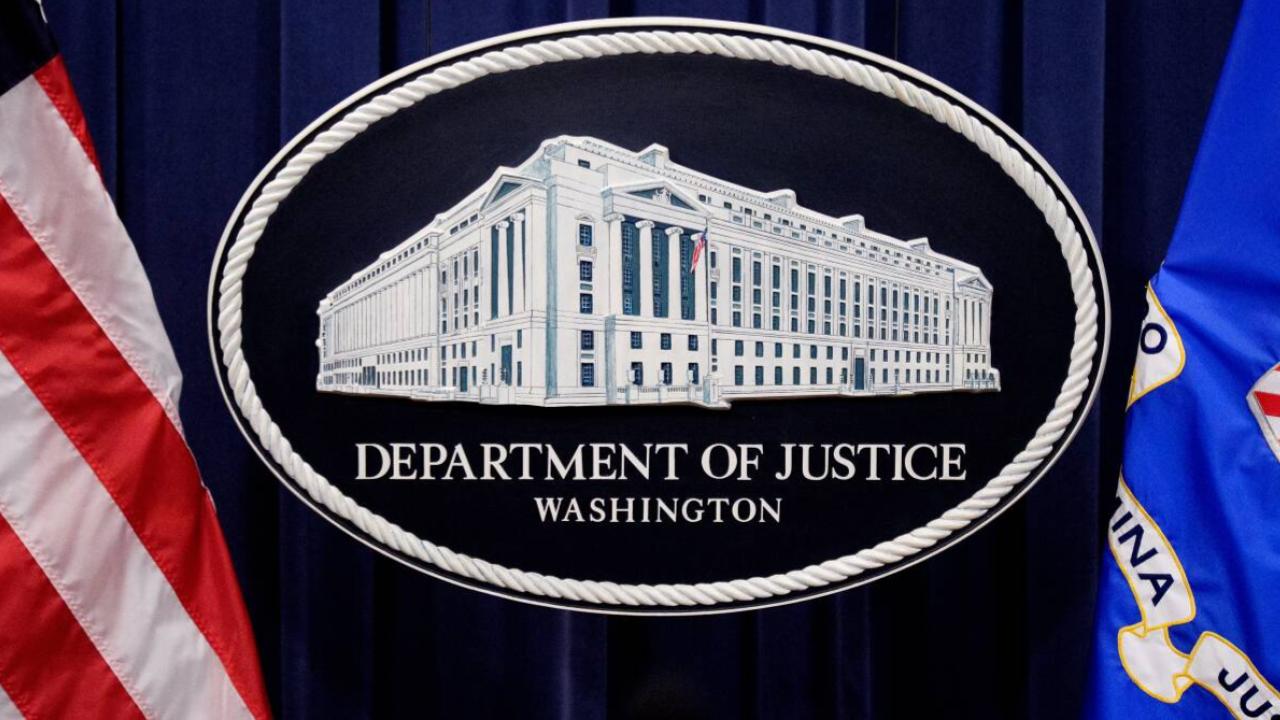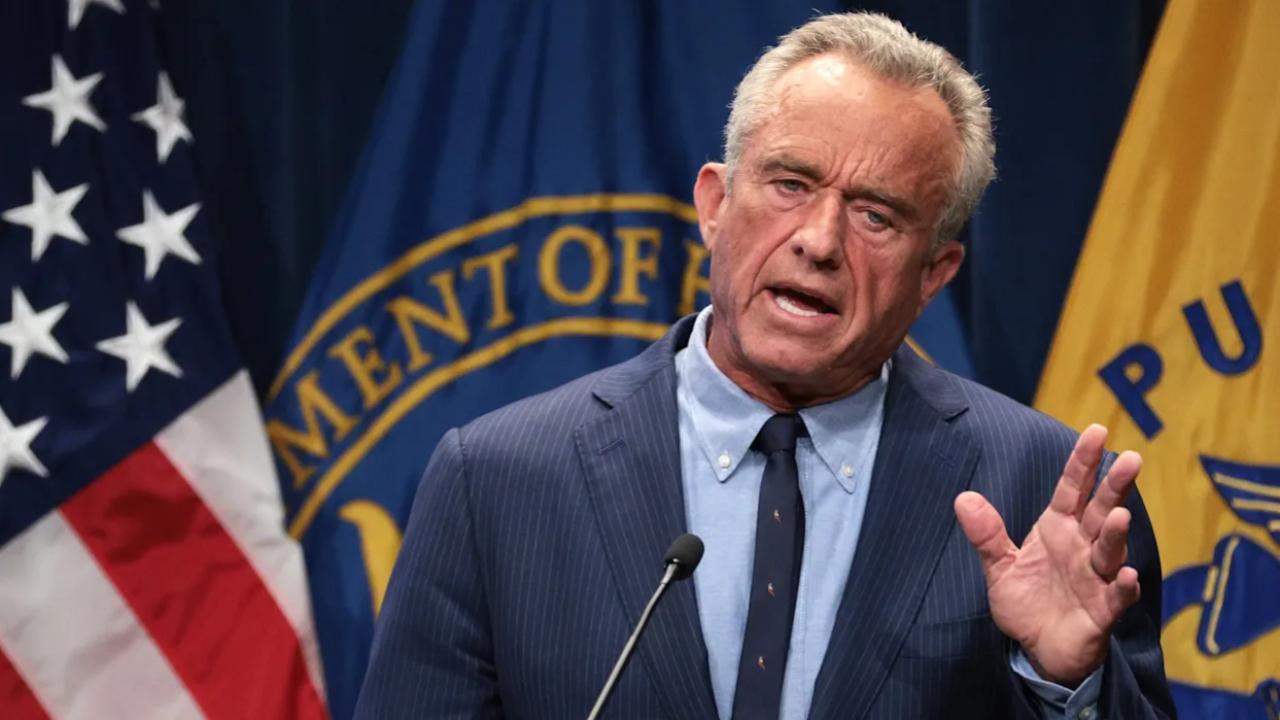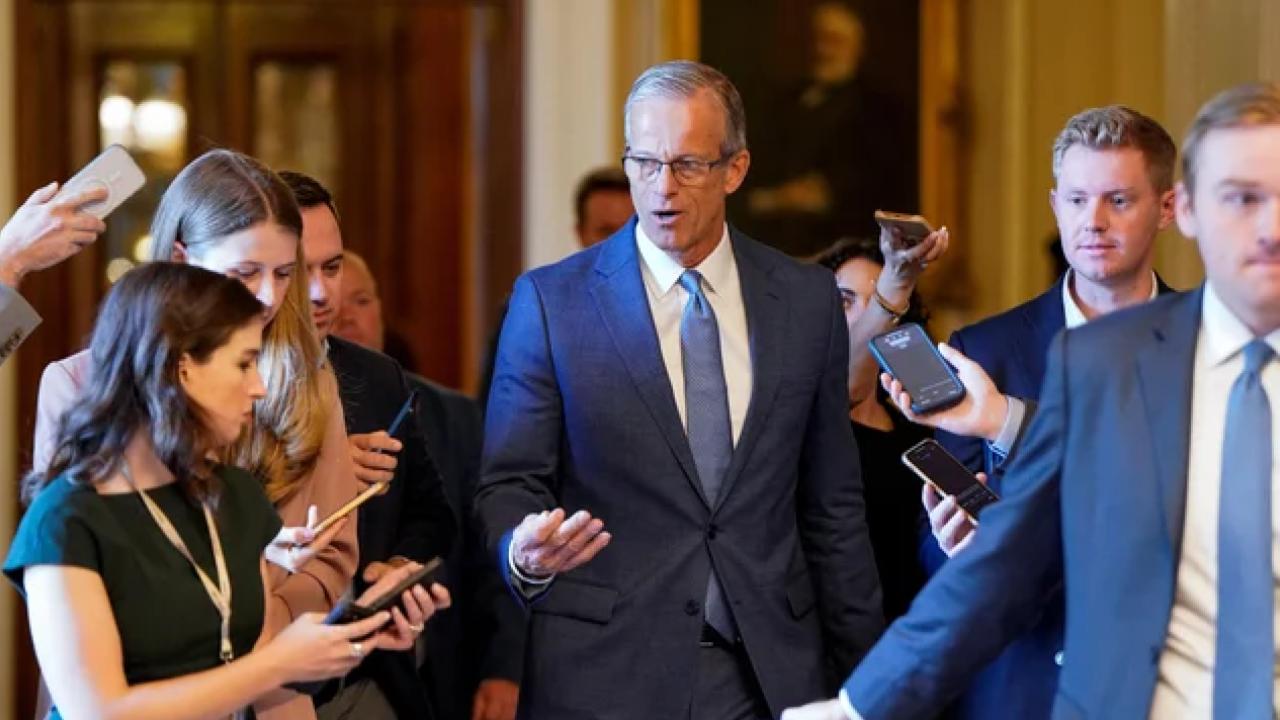For years, Elon Musk and Trump stood as twin giants in the American tech-politics orbit—each feeding off the other’s influence, platform, and unpredictability. But that high-voltage alliance has detonated. With insults flying on X (formerly Twitter), Tesla stock tanking, and Silicon Valley pivoting to new faces and philosophies, a dramatic power shift is underway. Here’s who’s rising, who’s fading, and why this moment matters more than it might seem.

The Era of Musk and Trump Is Dead
| Insight | Stat |
|---|---|
| Tesla stock crash | Lost over $150B in value in one day |
| Musk’s Epstein accusation | Posted directly to X with 100M+ impressions |
| New capital flows | Investors shift toward India’s EV market |
| Industry reset | Valley leaders align with policy pragmatists |
From Bromance to Blowout
What started as a transactional friendship—Musk lobbying Trump for policy favors, Trump championing Tesla and SpaceX—has ended in a blaze of acrimony. Last week, Musk accused Trump of flying on Jeffrey Epstein’s plane and using a pseudonym in unsavory dealings. Trump hit back fast, calling Musk a “drug addict” and threatening to block his federal contracts.
The feud marks more than personal beef. It symbolizes the splintering of a once-united front that married tech disruption with populist politics. “It was like watching two reality stars turn on each other,” said a former White House tech advisor. “Only this time, markets moved.”
Tech Markets React—Violently
Investors were swift and brutal. Tesla stock plunged 14% in one trading session, wiping out more than $150 billion in market value. Though analysts point to broader EV market concerns, Musk’s high-profile fight with a potential Republican frontrunner poured gasoline on investor nerves.
“The message is clear,” said Anjali Mehta, a Mumbai-based EV analyst. “When tech becomes political theater, money moves to safer stages.” Indeed, India’s clean-energy and EV sectors saw a spike in institutional inflows the same week.

Who’s Filling the Power Vacuum?
In Silicon Valley, the fallout is sparking a quiet reshuffle. Instead of backing loud personalities, investors and founders are increasingly aligning with policy-savvy pragmatists. Think OpenAI’s Sam Altman, crypto VCs turned defense-tech funders, and lawmakers like J.D. Vance, who can navigate DC without torching bridges.
The shift isn’t just political. It’s operational. “There’s less appetite for performative disruption,” a longtime venture capitalist told me. “People want influence, not noise.”
Musk’s Political Trial Balloon?
Insiders speculate Musk’s X rants are less about Trump and more about testing a political future. By invoking Epstein—a right-wing lightning rod—and positioning himself as anti-establishment yet culturally relevant, Musk may be probing the MAGA base for loyalty.
But the response hasn’t been entirely warm. Even conservative influencers like Jack Posobiec and Charlie Kirk have voiced skepticism about Musk’s credibility, casting doubt on any hypothetical 2028 run.
What Comes Next?
With the Musk–Trump era in ruins, the tech world isn’t clamoring for new kings—it’s scattering authority across sectors. Cleantech, AI, defense startups, and global partnerships are setting the tone. And the White House, regardless of who wins in 2024, will likely engage with tech less as a soapbox and more as a strategic partner. This might be the most stable Silicon Valley has felt in years.
FAQs
Why did Musk and Trump fall out?
They reportedly disagreed over campaign support, federal subsidies, and personal attacks. Musk escalated with Epstein allegations; Trump retaliated with threats.
Will Tesla recover from its stock plunge?
Long-term, likely yes—but short-term volatility will depend on how Musk handles political optics and Tesla’s Q2 performance.
Who benefits from this feud?
Indian EV companies, policy-centric startups, and platform-neutral tech investors appear to be early winners.






